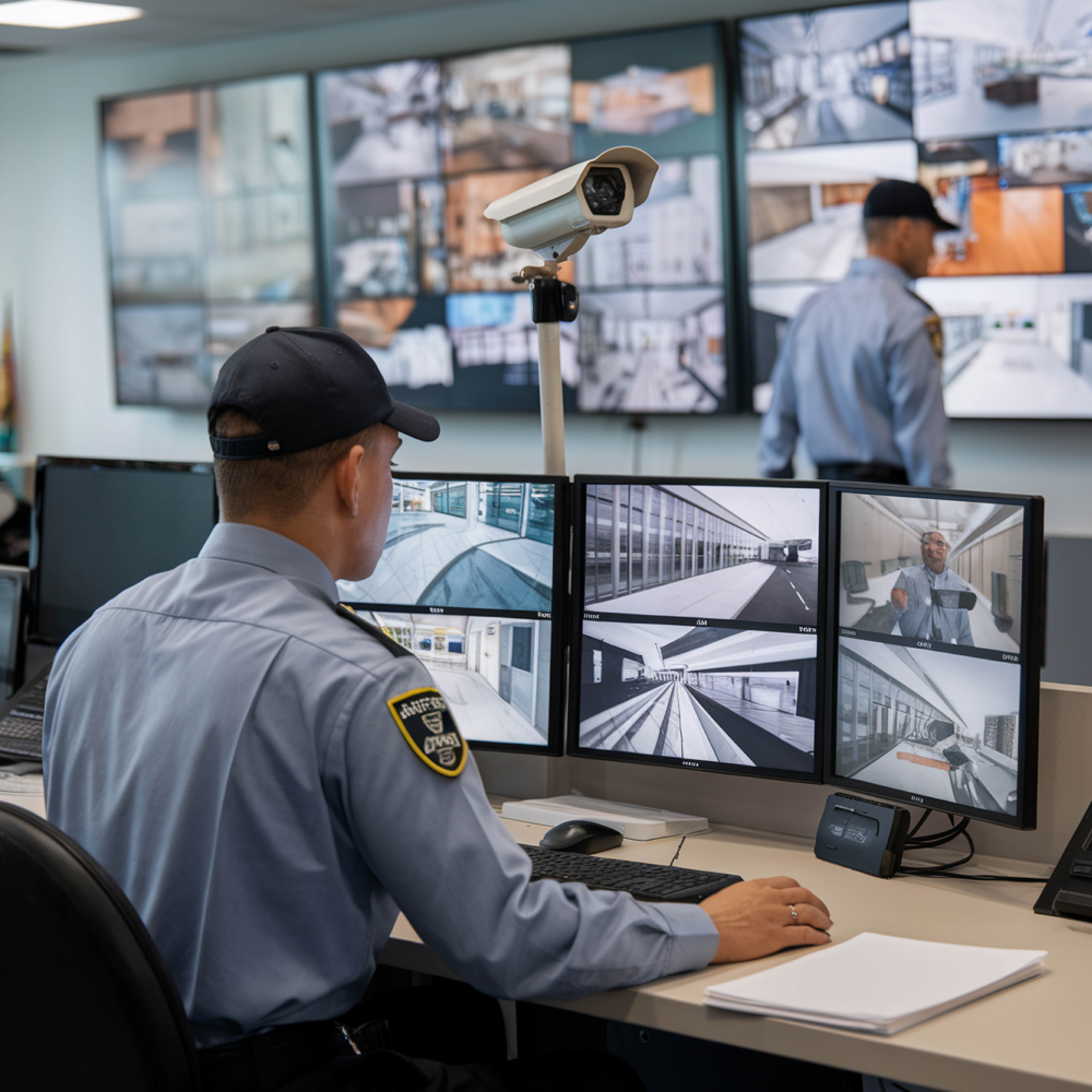
The debate of security patrol vs CCTV comes up a lot when businesses plan protection: cameras watch, but do they act? In California, more companies are blending visibility with movement, relying on mobile patrols to fill gaps that CCTV simply can't cover. This post explains why mobile patrols are growing in popularity, and what business owners should consider when updating their security mix.
What CCTV Does Well, and Where it Falls Short
Security cameras for CCTV are effective at recording events they witness on film and preventing burglaries with clear pictures, and also aiding investigations when incidents occur. CCTV cameras can capture passively but are not able to respond. The lack of light, the blind spots, or the slow response of surveillance could affect the effectiveness of cameras. That's why active surveillance could have a huge impact.
Why Mobile Patrols Matter in California: Security Patrol vs CCTV
Because mobile patrol security California offers both mobility and human interaction that cameras simply cannot match, with officers checking vulnerable areas, testing locks, and verifying alarms, immediately eliminating false alarms while expediting resolution timeframes for organizations that choose business patrol services to reduce false alarms while creating a visible presence that helps stop incidents before they escalate into major catastrophes. It's especially useful where multiple sites or properties exist, which leave gaps unprotected by fixed cameras.
Designing a Layered Security Approach
To know the difference in security patrol vs CCTV, we will find out that balanced strategies combine technology and people. Install cameras to maintain records and monitor common areas, then use patrols to close coverage holes and provide human judgment. Integrating patrol logs with camera timestamps improves investigations and accountability. For companies evaluating options, consider staff training, patrol frequency, and clear communication channels between monitoring centers and field teams.
Include trusted resources like Business security services in your planning process to compare solutions tailored to your property and risk profile.
Privacy, Cost, and Operational Considerations
Security patrols vs CCTV Mobile patrols could increase costs, but they can help reduce the chance of liability and losses to the degree they CCTV can't. Security-related privacy concerns are not going away anytime soon, as guidelines are clearly defined and a restricted retention period of data keeps a watch on ethical questions. Companies should also consider scheduling, standardized rounds help, but unpredictable checks are more effective at deterrence. If your facility shares space with others, coordinate expectations and coverage responsibilities up front.
Hiring a dedicated group like 24/7 Security Patrol Teams can be helpful when you’re mapping which hours and shifts fit your needs.
Final Thoughts
Choosing between security patrol vs CCTV isn't an either/or decision. For most California businesses, the smartest path is layered: cameras for constant observation and mobile patrols for action and deterrence. If your property includes expansive lots or multiple sites, adding targeted mobile patrols can significantly strengthen your security posture. Learn more about personalized Business Park Security at American Frontline Guards. Sensible planning beats panic when it comes to protecting people and property.
Frequently Asked Questions About Security Patrol vs CCTV
Why are mobile patrols more effective than CCTV?
Mobile patrols can verify alarms and prevent opportunistic crimes by having an observable presence as well as close gaps in coverage that cameras cannot reach.
How often do patrol guards visit business locations?
Frequency varies by contract and risk level; common patterns range from hourly checks during closed hours to multiple daily rounds.
Are mobile patrols available overnight or on weekends?
Many companies provide 24/7 protection all day, even on holidays and weekends in order to ensure continuous protection
How does mobile security improve emergency response?
The patrols are the first to arrive on site to evaluate, protect the location, and communicate with the fire and police departments, which can reduce response times while improving the outcomes.


.jpg)
.jpg)
.jpg)